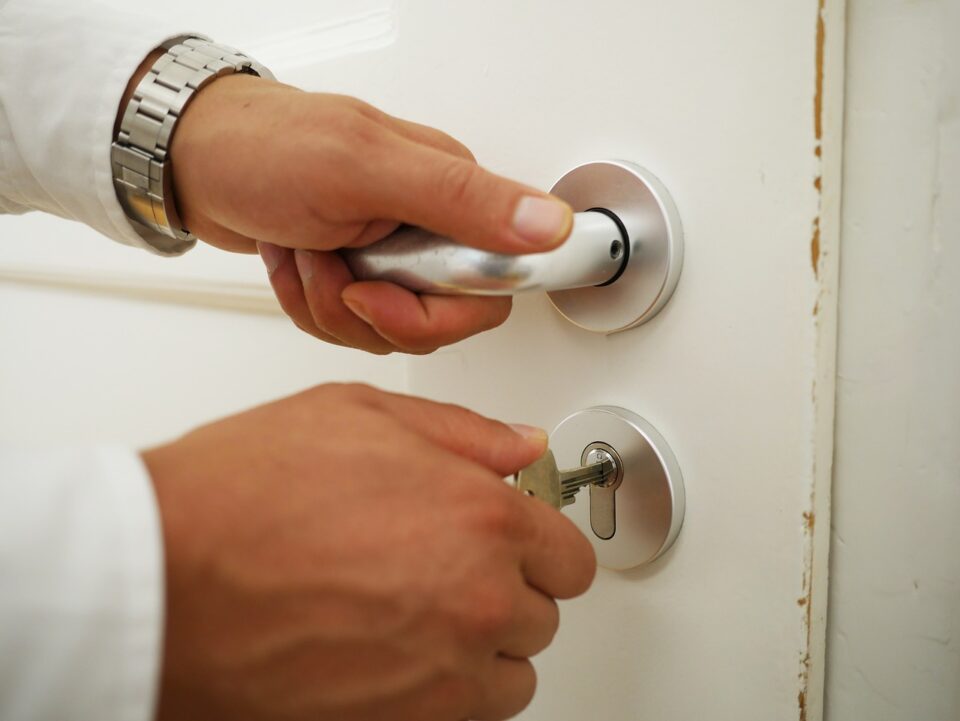
Jersey Republicans Decry Murphy’s Secret Gifts While School Funding Gets Cut
July 28, 2023
Experts on ‘Greatest Domestic Policy Failure’ in America: COVID School Closures
July 28, 2023New Analysis: Post-COVID, New Jersey’s Achievement Gaps Have Become Gulfs
AssessmentHQ, a project from the Collaborative for Student Success, just released its most recent state-by-state database on how the COVID-19 school disruptions have affected student learning.
How is New Jersey doing?
Dale Chu, who ran the data, doesn’t have information from spring 2021 because the Department of Education cancelled those tests and substituted (for federal accountability purposes) our short-lived “Smart Strong” fall assessments.
Yet we can see from the chart below that state standardized tests administered in spring 2022 showed were just under 49% of New Jersey students were met grade-level expectations in English Language Arts (reading) and 33.3% met expectations in math. That’s lower than in 2019, the last time we administered the full set of statewide tests; pre-COVID, for instance, about 64% of students were proficient in reading.

How are New Jersey’s achievement gaps among different groups of students?
Wide.
According to AssessmentHQ, the achievement gap between white and Black students is about 30 points, which tracks with the latest data from NAEP (the National Assessment of Educational Progress, considered the “gold standard” of assessments): New Jersey’s latest NAEP scores showed a 28-point gap. Asian students are at the top, with a twenty-point drop for white students; the achievement gap between Asian students and black students is a staggering 49 points. Hispanic students perform a few points above Black students and well below Asian and white students.

Currently the Murphy Administration is embroiled in a lawsuit with the Latino Action Network, which charges that New Jersey school districts are unconstitutionally segregated because we assign schools based on whether parents can afford to buy access to high-performing districts. That’s absolutely true. Yet integration isn’t a panacea for closing achievement gaps: witness schools like Camden Prep where almost all students are economically-disadvantaged, 72% are Black, and 27% are Hispanic, yet they’ve closed the achievement gap, primarily through high standards and a combination of autonomy and accountability granted to public charter schools.
Lawyers can wait for an integrated Nirvana. Low-income children need school choice now.




